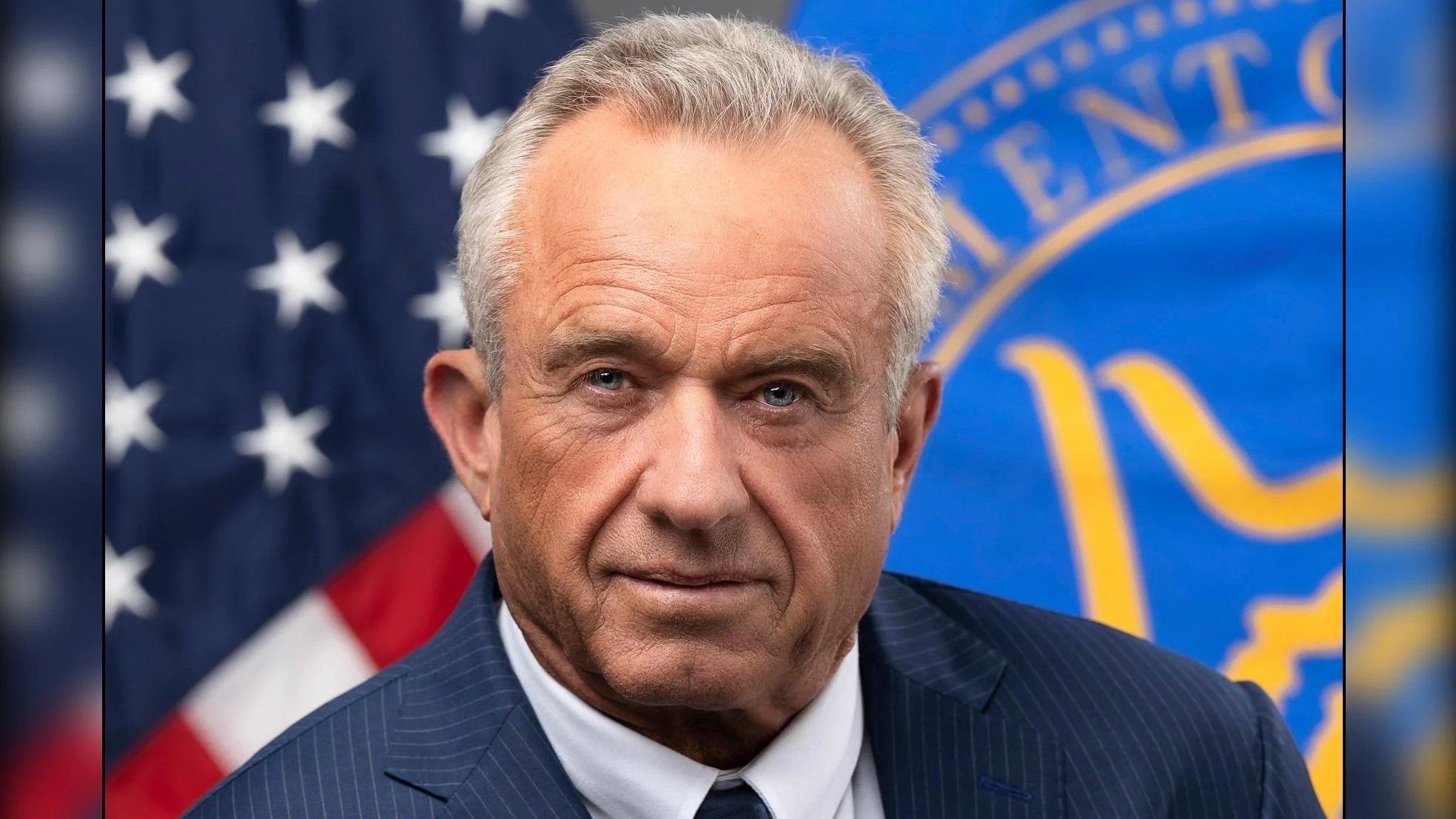The Substance Abuse and Mental Health Services Administration (SAMHSA), part of the U.S. Department of Health and Human Services, has announced over $45 million in supplemental funding for State Opioid Response program recipients. The funds are intended to enhance sober or recovery housing services targeted at young adults.
This new investment supports President Trump’s Executive Order on Ending Crime and Disorder on America’s Streets by focusing on solutions that address homelessness, addiction, and illness through sober housing and related recovery support.
“President Trump has elevated this issue as a key public health and public safety priority,” said HHS Secretary Robert F. Kennedy, Jr. “All too often, young adults with opioid or stimulant use disorders lack safe housing to support their recovery. This funding can make a life-changing difference for young people working toward long-term recovery.”
Dr. Art Kleinschmidt, SAMHSA Principal Deputy Assistant Secretary, added: “Firsthand experience has shown me that wraparound services, especially sober housing, play a vital role in breaking the cycle of addiction. This supplemental funding will help expand that lifesaving care and help people pursue a fulfilling life in recovery.”
Sober housing provides an alcohol- and drug-free environment where individuals early in their recovery can build stability and work towards independence. This approach is designed to help people live more self-directed lives.
U.S. Department of Housing and Urban Development Secretary Scott Turner commented on the link between homelessness and untreated conditions such as addiction or mental illness: “Homelessness does not exist in a silo - it is often closely linked to untreated root causes including addiction or mental illness. At HUD, we are committed to President Trump’s vision to end crime and disorder on America’s streets through targeted funding and critical collaborations, so all Americans have the opportunity for recovery and self-sufficiency. This action from SAMHSA under the leadership of Secretary Kennedy builds on our shared goal of helping vulnerable Americans end the cycle of homelessness and addiction.”
The one-year supplemental grants require recipients to create or expand recovery housing services for young adults with opioid or stimulant use disorders. In addition to sober living arrangements, states and territories may offer treatment options like family-based therapy; assign care coordinators; and provide various support services such as coaching, vocational training, employment assistance, transportation, childcare, among others.
Those seeking help with substance use or crisis situations can call or text 988 or visit 988lifeline.org for assistance. Treatment facility locations are available at FindTreatment.gov.





